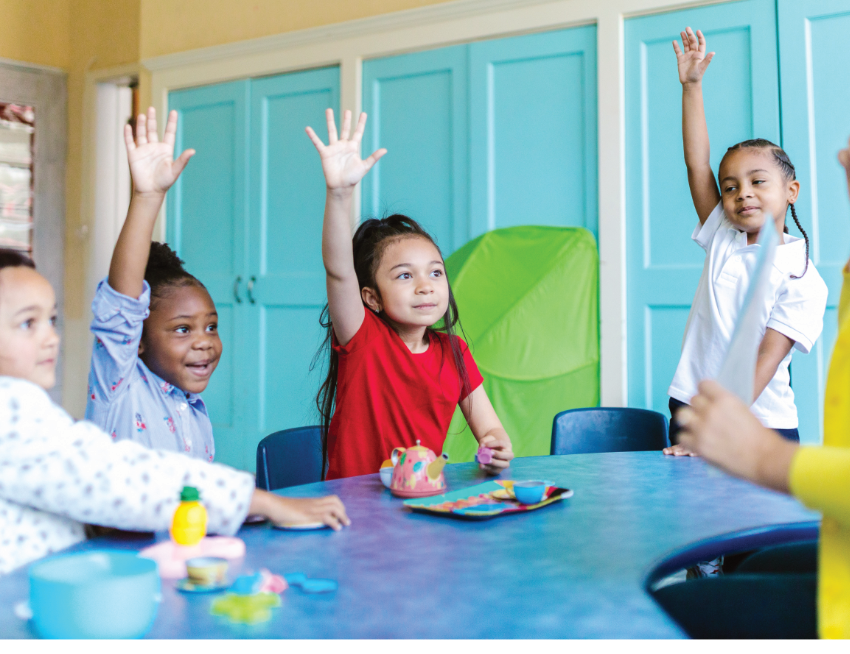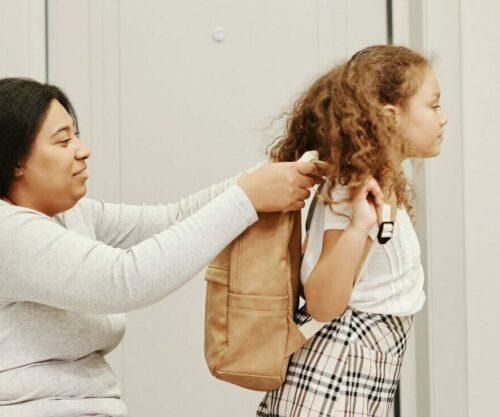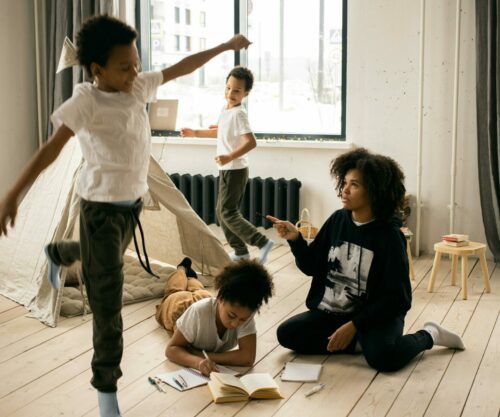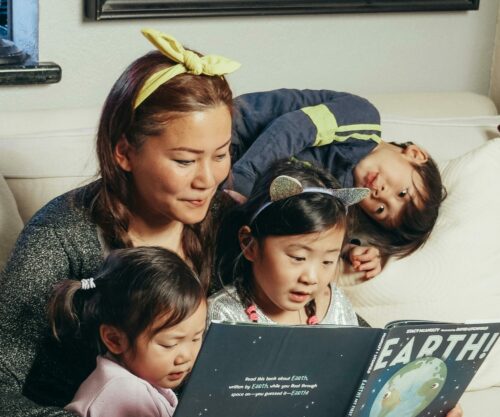
School holidays have finally come to an end.
Unfortunately, children have bid farewell to carefree days and have return to the routine of school life. However, transitioning from the fun and relaxed atmosphere of holidays back to the structured environment of school can be challenging for many kids.
To ensure a smooth and stress-free reintegration, parents can employ several strategies to help their child ease back into school mode. SENsational Tutors suggest some effective tips to make the return to school a positive experience for your little one.
Gradual Transition:
Abruptly ending the holiday festivities and plunging your child back into the school routine can be overwhelming. Instead, opt for a gradual transition period. A few days before school resumes, start reinstating regular bedtime and morning routines. This will help adjust their body clock and make waking up early for school less of a shock.
Reinforce Positive Attitudes:
Discuss the positive aspects of school with your child. Talk about the exciting things they will learn, the friends they will meet, and the fun activities they’ll engage in. Instill a positive attitude towards school, as this will motivate them to embrace the return.
Involve Them in Preparations:
Involve your child in preparing for the school year ahead. Let them pick out new school supplies, a backpack, or a lunchbox. This act of personalization can create a sense of excitement and ownership over the process, making the return to school more appealing.
Set Realistic Goals:
Sit down with your child and set realistic goals for the new school term. These goals can encompass academic achievements, extracurricular activities, or personal growth. Ensure the objectives are attainable, as achieving them will boost your child’s confidence and drive throughout the year.
Monitor Screen Time:
During the holidays, screen time often increases. Gradually reduce screen time as school approaches to ensure your child is mentally prepared to focus on their studies and maintain a healthy balance between academics and recreational activities.
Also see: Why infants and toddlers should avoid TV




